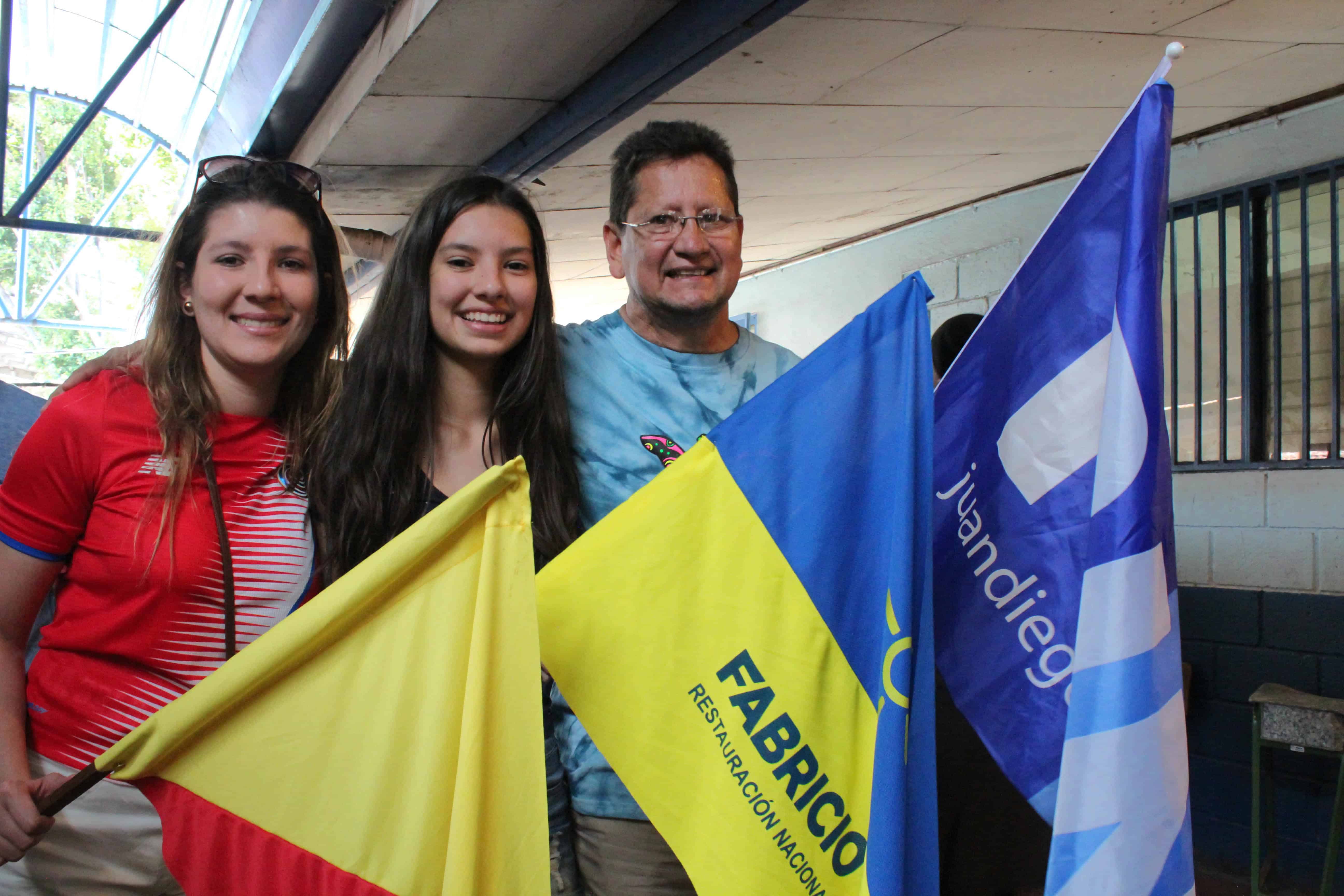Just 14 years ago, Costa Rica was the Latin American countries where people were least willing to argue with their best friends over politics. Just 14 years.
The Latinbarometer statistics in 2004 placed Costa Ricans in first place in this regard during the administration of President Abel Pacheco, years when the wall of bipartisanship was broken and citizens’ desire to break with the old model began to manifest themselves. Guatemalans, Brazilians, and Ecuadorians followed us. The nationality most willing to fight over politics? Venezuelans, in the year of the referendum that sought to remove Hugo Chávez from power.
The question that the Latinbarometer asked in 2004 alluded not only to partisan politics, but also to social politics. The historic rivalry between the National Liberation Party (PLN) and Social Christian Unity Party (PUSC) provoked few discussions. The protests about “the ICE Combo” – which showed massive frictions between the “statist” and “neoliberal” model, a bit before its maximum level with the referendum about the Central American Free Trade Agreement with the United States in 2007 – were already in the past.
Still in the future was the 2010 election, marked by the presence of a woman candidate promoted by the administration of President Oscar Arias; she would later sever that bond and remind us that the PLN has different faces, but those issues were foreign to the majority of the population.
Non-career politician Luis Guillermo Solís wins Costa Rica presidential runoff in a landslide
The 2014 campaign brought evidence that many Costa Ricans could easily change their political affiliation in a matter of weeks, and that party flags had become mere accessories, venerated by only a few. There was a second round, it’s true, but Luis Guillermo Solís’s triumph was obvoius since the week after the first round, so much so that his rival Johnny Araya ended up withdrawing from the contest.
There was an ideological discussion in 2014, especially when the leftist Broad Front was picking up in the polls. The importance of the moral values also appeared, mixed with religion, but no determinant results emerged. The two months between rounds turned out to be too much time, because everything was already resolved: the Citizen Action Party (PAC) would get to power, ending decades of alternating PLN and PUSC. Our bipartisan system is dead and buried, we said, but nothing was going to make us fight about politics within our inner circle.
Then 2018 arrived, and we’re screwed. Politics has become an enormous bag of emotions and prejudices, discrimination and religions, anguish and fears. I know that these things also existed in the past, but I’ve never been in such an toxic environment.
Maybe we must accept that our digital spaces exaggerated the arguments, but these spaces are part of our reality. We should’ve had a device to measure how much energy we’ve dedicated to the electoral discussion in 2018 and how much hostility we exchange. Of course, we believe we’re not arguing about politics, but about “my religion,” my human rights, my values, my phobias, my family, my church… But everything is politics, and almost nothing is partisan.
We’re driven to “holy” fights with family and friends. We no longer belong to that society from 2004 that preferred to argue over soccer. We’ve changed. I suspect we’re less happy, and that this influences our political landscape, with so little partisanship, but so essential, so primary. “I’m not defending Fabricio Alvarado, no; I’m defending my values, my family story.” Or, “I’m not from the PAC, I would never be, but I feel that a part of my national identity is being snatched away,” and things like that.
We’re a more unequal society, grumpier, more distrustful. As Costa Ricans we’re now under the Latin American average when it comes to a belief that we can trust each other. That’s what 2017’s Latinbarometer has to say.
That’s how we got to an election between “Fabricio” and “Carlos,” an unthinkable second round, toxic and dangerous. No matter who wins, we’re already different. We see each other differently. We have now exited the WhatsApp group or we’ve blocked that person who contradicted us. Or I was eliminated from their Facebook friends, or from life itself.
Read Alvaro Murillo’s “No Sugar, Please” columns here.
Álvaro Murillo is a journalist who specializes in political coverage and has written for La Nación, Semanario Universidad and El País. In his Tico Times column “No Sugar, Please,” he explores politics in its broadest terms, from the halls of government to community life. Connect with him on Twitter.






